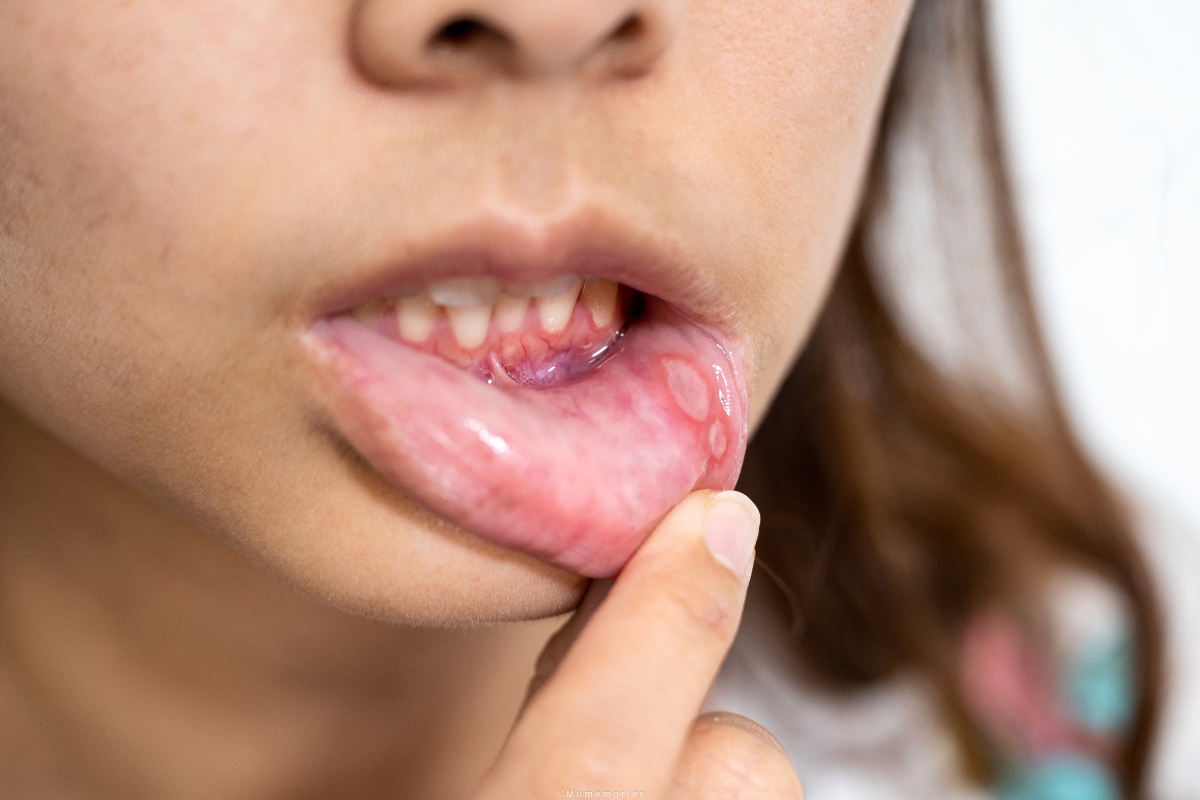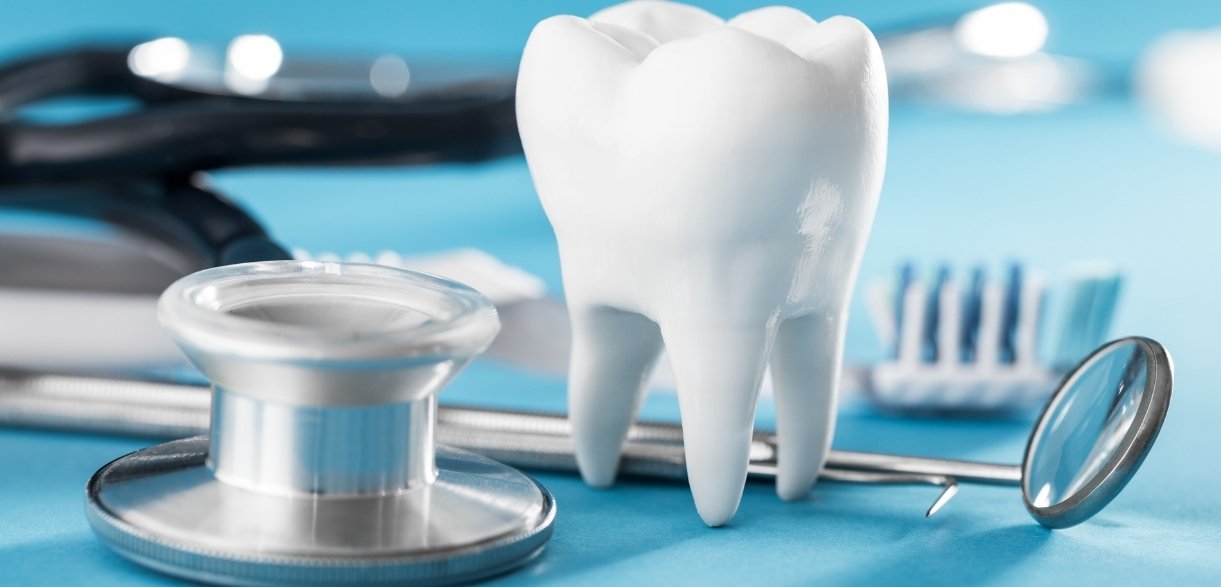
By West Albany Dental
Maintaining good oral health goes beyond just brushing and flossing. It’s a commitment to daily habits that ensure your teeth and gums stay healthy, fresh, and free from disease. Whether you want to prevent cavities, avoid gum disease, or just keep your smile bright, these ten daily habits will set you on the path to optimal oral health.
1. Brush Twice a Day
Brushing your teeth twice a day is one of the most fundamental habits for maintaining good oral health. Use fluoride toothpaste and a soft-bristled toothbrush, and ensure you brush for at least two minutes. Brushing helps to remove plaque—a sticky film of bacteria—that forms on your teeth throughout the day. For the best results, make sure to brush every surface of your teeth: the front, back, and chewing surfaces.
Tip: Use a timer or an electric toothbrush with a built-in timer to ensure you’re brushing for the full two minutes.
2. Floss Daily
While brushing cleans the surface of your teeth, it can’t reach the tight spaces between them. That’s where flossing comes in. Flossing once a day helps remove food particles and plaque from between your teeth and under the gumline, where a toothbrush can’t reach. Neglecting this can lead to gum disease and tooth decay.
Tip: If you find traditional flossing difficult, try using floss picks or water flossers to make the process easier and more effective.
3. Use Mouthwash
Incorporating mouthwash into your daily routine can give you an extra layer of protection against bacteria and plaque. Choose a mouthwash with fluoride to help strengthen your enamel or an antibacterial mouthwash to reduce gum inflammation and bad breath. Swish the mouthwash for at least 30 seconds for it to be effective.
Tip: Avoid mouthwashes that contain alcohol, as they can dry out your mouth and lead to more bacteria growth.
4. Stay Hydrated
Water is one of the most powerful tools for oral health. Drinking water throughout the day helps rinse away food particles, keeps your mouth hydrated, and prevents dry mouth—a condition that can lead to bad breath and an increased risk of cavities. Water also dilutes acids in your mouth that can erode your tooth enamel.
Tip: Drink water after meals to help wash away leftover food particles and neutralize the acids produced by bacteria in your mouth.
5. Eat a Tooth-Friendly Diet
Your diet plays a significant role in your oral health. Consuming a diet rich in fresh fruits, vegetables, whole grains, and lean proteins can improve your dental health by providing essential vitamins and minerals. Foods high in calcium, such as dairy products and leafy greens, help strengthen your teeth and bones. Crunchy fruits and vegetables like apples and carrots can also help clean your teeth and stimulate saliva production, which naturally protects your teeth.
Tip: Limit sugary and acidic foods that can cause tooth decay and erosion.
6. Limit Snacking Between Meals
Frequent snacking can expose your teeth to repeated acid attacks, increasing the risk of tooth decay. Every time you eat, the bacteria in your mouth produce acids that can wear down your enamel. By limiting snacks between meals, you reduce the frequency of acid exposure.
Tip: If you do snack, choose healthy options like fruits, vegetables, or nuts, and rinse your mouth with water afterward.
7. Chew Sugar-Free Gum
Chewing sugar-free gum, especially after meals, can help stimulate saliva production, which is your mouth’s natural defense against acid. Saliva helps wash away food particles, neutralize acids, and strengthen your teeth. Chewing gum with xylitol is especially beneficial, as it helps reduce the levels of harmful bacteria in your mouth.
Tip: Keep a pack of sugar-free gum in your bag or car for easy access when you’re on the go.
8. Replace Your Toothbrush Regularly
A worn-out toothbrush won’t clean your teeth effectively. Dentists recommend replacing your toothbrush every three to four months, or sooner if the bristles become frayed. If you’ve been sick, it’s a good idea to replace your toothbrush to avoid reintroducing bacteria into your mouth.
Tip: Opt for a toothbrush with soft bristles to protect your enamel and gums from excessive wear and damage.
9. Don’t Skip Dental Visits
While your at-home oral care routine is essential, professional cleanings and checkups are necessary for maintaining good oral health. Regular dental visits—every six months—allow your dentist to catch potential issues early, such as cavities or gum disease, and provide deep cleanings that remove tartar buildup.
Tip: Set reminders for your dental checkups to ensure you never miss an appointment.
10. Avoid Tobacco Products
Tobacco products, including cigarettes and chewing tobacco, can have a serious impact on your oral health. Smoking not only stains your teeth but also increases your risk of gum disease, tooth decay, and oral cancer. If you use tobacco products, consider seeking help to quit for the sake of your overall and oral health.
Tip: Talk to your dentist about resources and programs that can help you quit smoking or using tobacco.
Developing and maintaining these daily habits will significantly improve your oral health, leading to stronger teeth, healthier gums, and a brighter smile. Consistency is key, so make these habits part of your everyday routine to ensure your mouth stays healthy for years to come.








